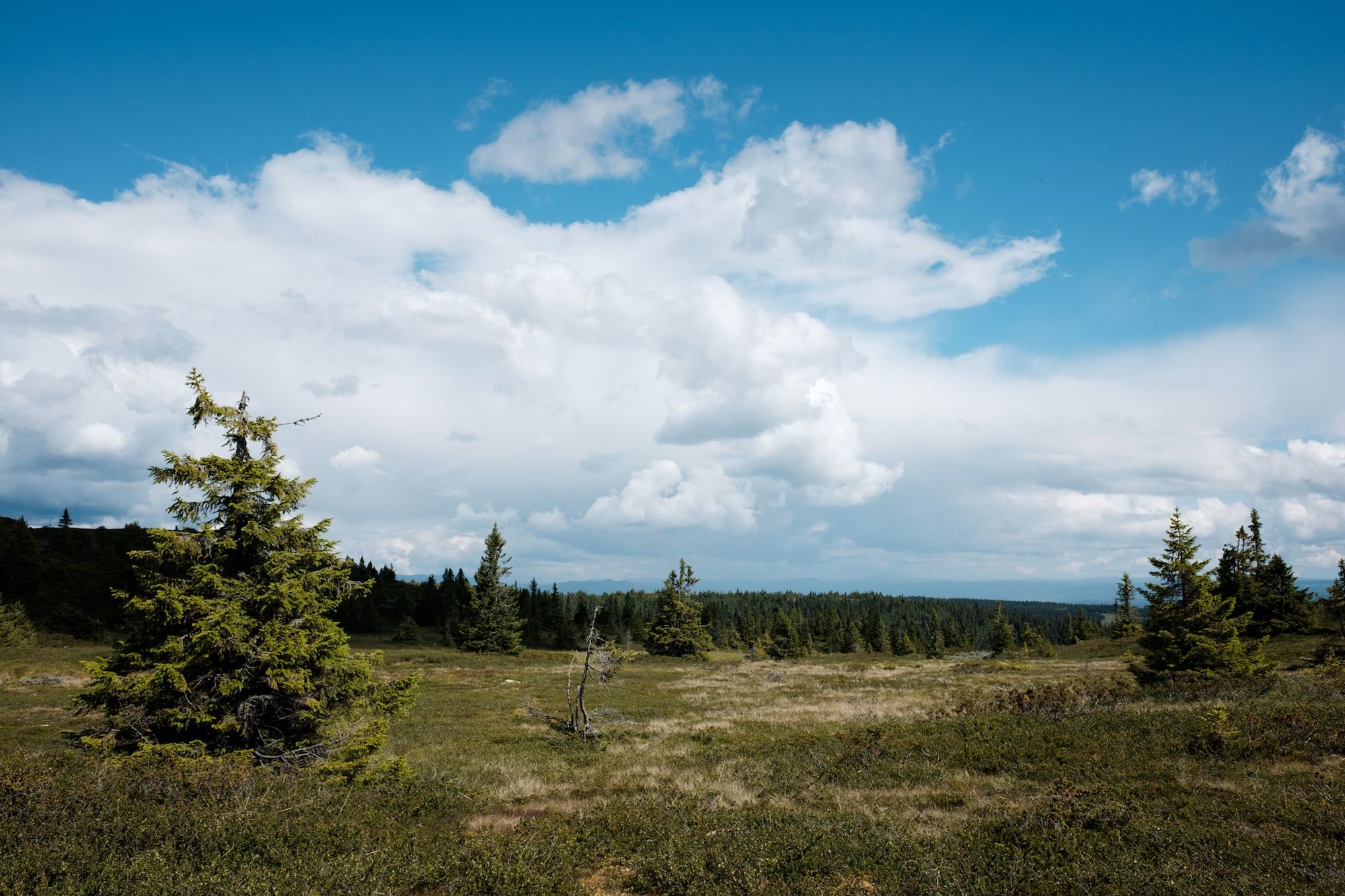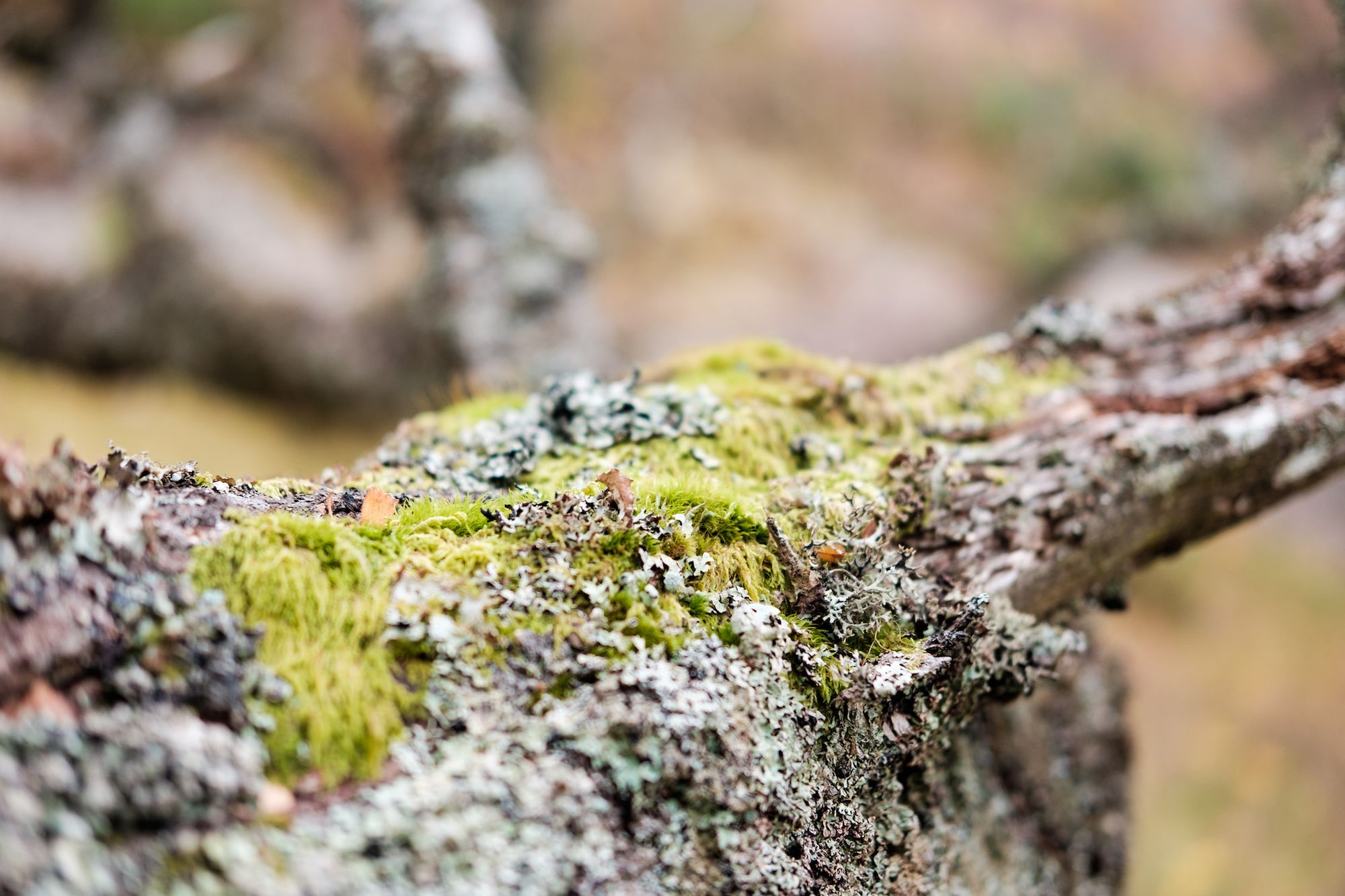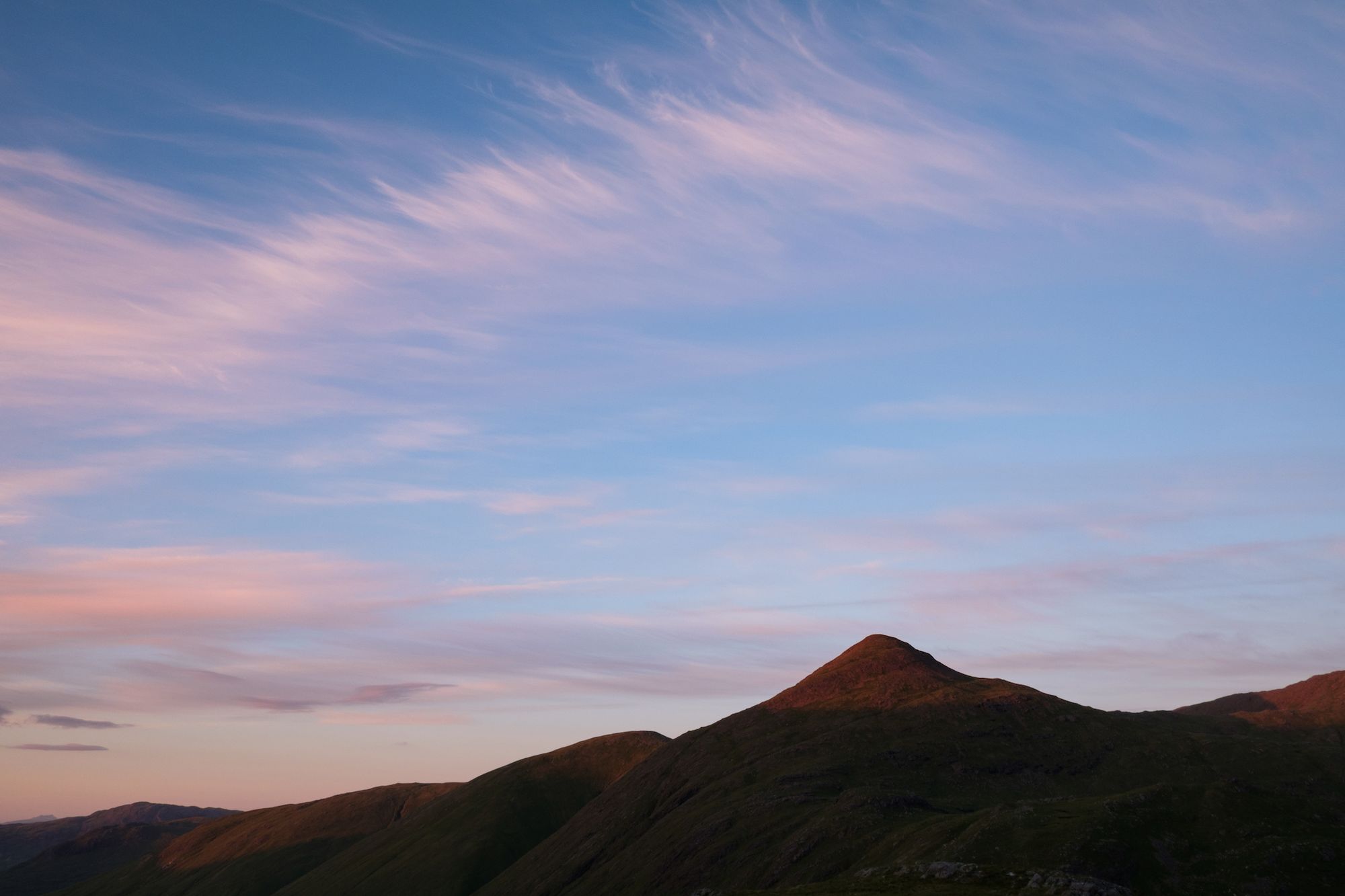Boredom is impossible when immersed in nature

I have long suspected that most boredom is caused by modern life.
I’m sure our palaeolithic forebears experienced it sometimes too, but they lived more vital lives, closer to the nature around them and the nature of their own selves. Today, boredom and stress seem to be two sides of the same coin, chasing our fragmented attention like snakes.
If boredom is an evolved emotional state, what purpose did it originally serve? The answer is probably the simplest one: to compel the subject to find something more useful to do.
Palaeolithic life was simple. Modern life is not. Our emotional states evolved to respond to primordial stimuli that, today, few of us ever experience – or at least never in the same way.
For example, stress evolved as a way to cope with imminent, short-term and obvious threats, such as being pounced on by a jaguar. It was never meant to deal with long-term, abstract threats such as a looming deadline, or the ambient stresses of modern life we cannot even articulate. Is boredom the same?
For an hour, I sat on a rock watching the light decay, feeling my sense of self dissolve, thoughts fade, and my awareness reach out to all things around meWe feel bored when we have to wait in order to obtain what we want, when we have to perform a repetitive, mundane task, or when we have nothing to do. But when we live for a while immersed in nature – as we evolved to live – these causes of boredom can fade if we take the time to truly see and experience our surroundings.
Life on the trail is closer to palaeolithic life than modern life. Our worries are no longer of deadlines, notifications, money, social standing, or any other abstractions. If we take these worries with us on the trail (which, let’s face it, we’re all guilty of doing every now and again) then we are blind to the intricate and ever-changing beauty of nature all around us. Perhaps boredom will then stalk us, because our minds are still grappling with the problems modernity has created for us instead of letting go. We entertain ourselves with Kindles, audiobooks and movies, even when camping in locations of breathtaking enchantment.
It’s only when we forget our abstract worries, and embrace the simpler, more vital life on the trail – gaining the miles, eating enough food, finding the way, avoiding the dangers – that we can liberate ourselves from boredom.
How? By going beyond ourselves to really see and experience our environment.

When you are bored, you are focused only on yourself and on the cause of your boredom, or an anticipated escape from it. But picture yourself walking through a forest, or sitting beside a stream tumbling from a glacier on a mountain high above. There is so much more to see and savour around you than your own emotional state. If you’ve liberated yourself from those pre-trail worries, with a little practice you’ll find yourself lost in the eddy and flow of water over polished stones, or in the fractal vastness of moss on the forest floor, or in the sigh and sway of treetops high above. There is far more of value out there than there is buzzing around in your own skull.
I learned this in 2017, when camping above Glen Clachaig on Mull. For an hour, I sat on a rock watching the light decay, feeling my sense of self dissolve, thoughts fade, and my awareness reach out to all things around me. Five years earlier I couldn’t have done this without feeling bored and my fingers itching for a book to read or something, but since then I have learned the trick of leaving myself at the start of the trail, and becoming a simpler being – if only for a few days or weeks.
I’m not really one for meditation, but that night on Ben More I seemed to achieve it spontaneously, and I realised that boredom is impossible when truly immersed in nature.

Don’t get me wrong – I still bring audiobooks and music with me on my phone, but over the last year I’ve noticed that I use them less and less. I’m more content to just be, even when waiting somewhere like an airport or train station. I’ve become better at observing, and better at switching off the hum of my thoughts. The prospect of just sitting there for a while with nothing at all to do doesn’t really scare me any more. Would it scare most people? Perhaps – it isn’t something most of us have time for in modern life, and there are so many pacifiers.
Avoiding modern life altogether is impossible. I wouldn’t even want to avoid it. But by taking the time to live more simply every now and again, immersed in nature and wilderness, we can find the tools to never be bored again.
Alex Roddie Newsletter
Subscribe here to receive my occasional personal newsletter in your inbox. (For the fun stuff, please consider subscribing to Alpenglow Journal instead!)



